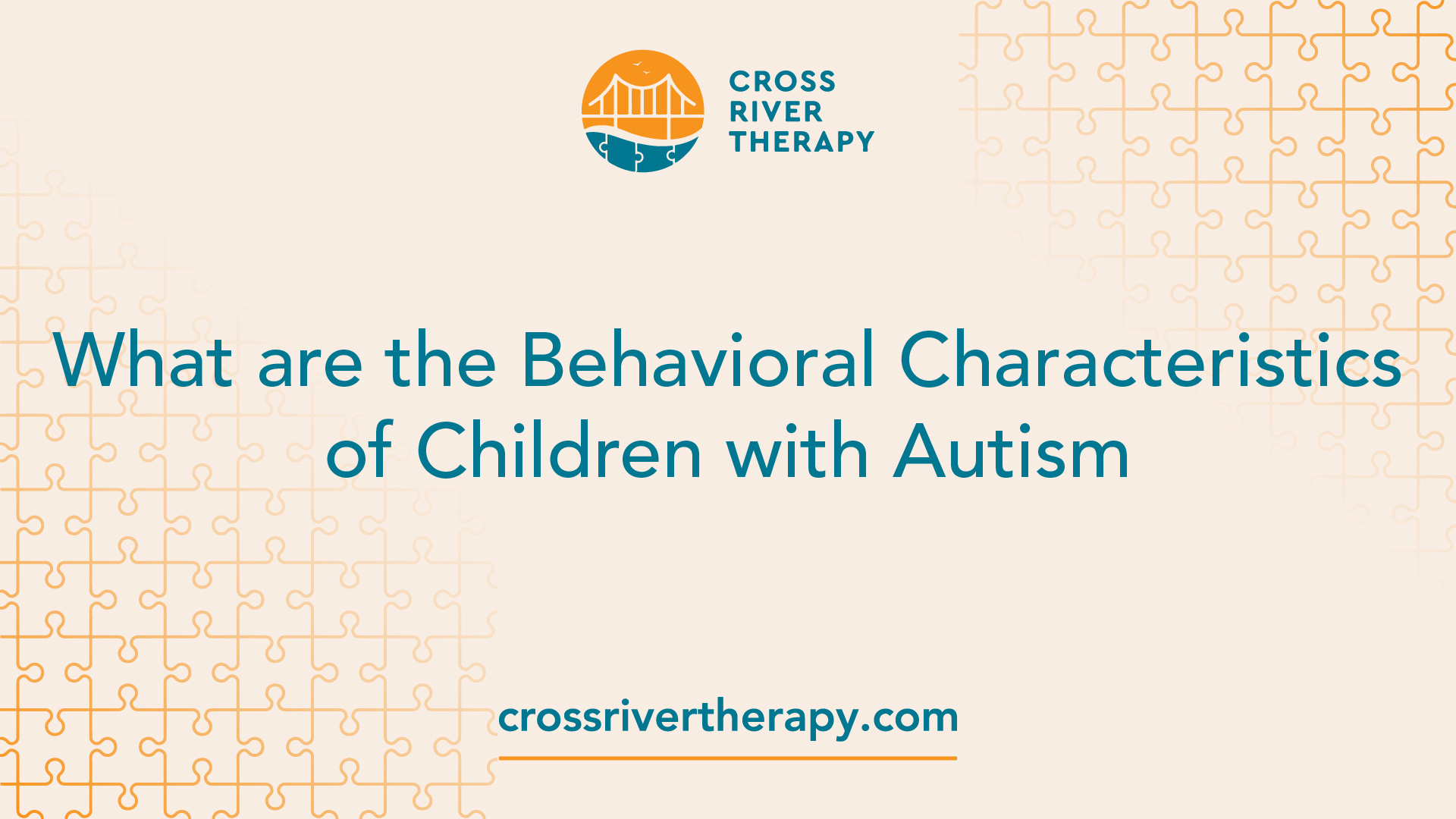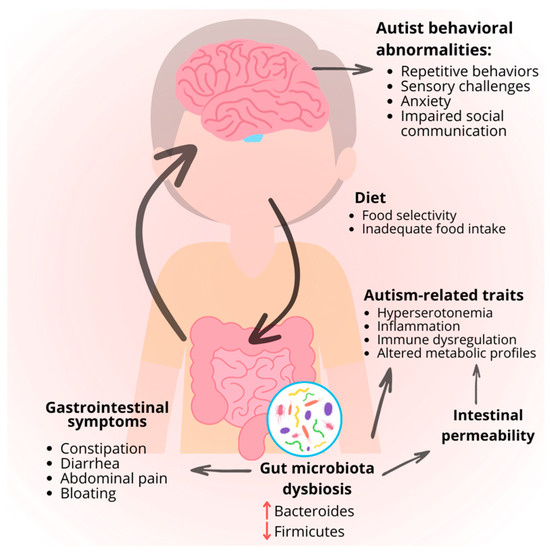What’s involved when working with an Autism Behavioral Therapy approach specialist
What’s involved when working with an Autism Behavioral Therapy approach specialist
Blog Article
Secret Symptoms And Signs to Recognize in Individuals With Behavior Autism
When you run into a person with behavioral autism, recognizing essential signs and signs and symptoms is essential. Additionally, sensory level of sensitivities can lead to overwhelming experiences.
Obstacles in Social Communications
When you engage with somebody on the autism range, you could observe they battle with social hints and interaction. These challenges can make social communications really feel frustrating for them. You might see them staying clear of eye call or standing as well close or as well away throughout conversations, which can produce misunderstandings. They could not detect body movement or faces, making it harder for them to determine how others are really feeling.
When they do engage, they could talk regarding their interests in wonderful detail without noticing if you're interested. Recognizing these difficulties can assist you approach communications with compassion and patience, cultivating a more comfy environment for both of you.
Problem With Verbal and Non-Verbal Interaction

Identifying these signs is important, as it aids you better assistance and engage with people on the autism spectrum. By recognizing their interaction challenges, you can cultivate much more meaningful connections and give a more helpful setting.
Recurring Behaviors and Routines
Interaction challenges typically come with other indicators of autism, such as recurring behaviors and a solid choice for regimens. You might observe that individuals with autism usually take part in details, repetitive actions, like hand-flapping, rocking, or duplicating phrases. These habits can provide convenience and a sense of control in a frequently overwhelming world.
Routines are similarly crucial; lots of people grow when they follow a structured schedule. You might find that changes to these routines can bring about significant distress. For instance, if they have a day-to-day ritual of eating breakfast at a particular time or adhering to a specific route to college, any disruption can trigger anxiousness.
Recognizing these patterns aids you understand their behavior and provide support. By fitting their need for routine and allowing repeated actions, you can develop a more comfy environment that eases their challenges.
Sensory Sensitivities

Usual Sensory Triggers
Sensory sensitivities can considerably influence life for individuals with autism, as certain stimulations frequently activate overwhelming reactions. Usual sensory triggers consist of loud noises, bright lights, and solid smells. You might discover that sudden audios, like alarms or alarm systems, trigger stress and anxiety or distress. Similarly, fluorescent lighting in stores can feel uncomfortable and extreme. Textures can additionally play a substantial role; rough materials or certain food appearances may be excruciating for you. In addition, crowded areas can bewilder your detects, making it difficult to loosen up or focus. Recognizing these triggers can help you handle your atmosphere much better. By recognizing what affects you, you can take steps to minimize pain and enhance your everyday experiences.
Behavior Actions Discussed
Recognizing your behavioral feedbacks to sensory sensitivities is crucial, as they typically disclose how you connect with the world. You might notice that particular audios, lights, or structures bewilder you, bring about anxiety or discomfort. When encountered with these stimulations, you might withdraw, cover your ears, or even react boldy. These responses aren't just traits; they're your way of coping with overstimulation. You might also discover on your own seeking particular sensory experiences, like deep pressure or quiet environments, to help ground yourself. Identifying these patterns aids you understand your requirements better and can lead how you communicate them to others. By recognizing your sensory level of sensitivities, you can my blog function in the direction of creating an atmosphere that feels extra comfortable and manageable for you.
Coping Techniques Overview
Recognizing your sensory level of sensitivities is simply the very first step; now it's time to explore coping methods that can help you manage those experiences effectively. Start by developing a sensory toolkit customized to your demands. Establishing an organized regimen can also offer predictability, minimizing anxiety around sensory overload.
Restricted Passions and Focus
While lots of people establish a wide variety of passions, those with autism commonly show restricted passions and an extreme concentrate on details subjects. You might discover that a person with autism can invest hours delving into their favorite subject, whether it's a certain kind of train, a specific movie, or a scientific principle. This extreme focus isn't just a hobby; it can become a main part of their identification and social interactions.
You may find that discussions rotate around these rate of interests, and they may have a hard time to engage in more comprehensive topics. For them, these focused interests give comfort and a sense of mastery. While it is necessary to motivate exploration of new topics, valuing their passions is equally important. By comprehending and recognizing these limited rate of interests, you can cultivate a supportive atmosphere where they really feel valued and recognized, permitting more purposeful links and interactions.
Psychological Policy Difficulties
People with autism commonly encounter difficulties in psychological regulation, which can be affected by their extreme emphasis on details passions. You might see that when an individual is deeply involved in a favored task, they can experience strong feelings, whether exhilaration or frustration. When things do not go as intended., this intensity sometimes makes it tough for them to change equipments or handle their feelings - Autism Behavioral Therapy.

Variability in Developing Landmarks
When it comes to developmental landmarks, you'll see that people with autism typically reveal a large range of irregularity. You may see a kid excel in language abilities but battle with social communications.
It's vital to acknowledge that each individual's journey is distinct. Some might develop intricate abilities early, only to deal with difficulties later. Others may sites take longer to attain basic landmarks go to this site however after that grow in particular locations. Observing these patterns can assist you recognize their staminas and needs better.
Often Asked Questions
How Is Autism Identified in Children and Grownups?
To diagnose autism in children and adults, experts review actions, interaction abilities, and social communications. They commonly make use of standardized tests, meetings, and monitorings to determine if an individual meets the criteria for autism range disorder.
Are There Different Types of Autism Range Disorders?
Yes, there are various sorts of autism range problems, consisting of Asperger's syndrome and prevalent developing disorder-not or else specified. Each type varies in severity and qualities, so understanding these distinctions can help you far better support individuals with autism.
What Treatments Are Reliable for People With Autism?
When considering efficient therapies for people with autism, you'll find options like Applied Behavior Evaluation, speech treatment, and occupational treatment. Each method can assist boost interaction, social abilities, and daily working tailored to private needs.
Can People With Autism Lead Independent Lives?
Yes, people with autism can lead independent lives. With the best assistance, abilities training, and sources, you can aid them establish self-sufficiency, manage everyday jobs, and grow in various environments, promoting their freedom.
Just How Can Households Support Liked Ones With Autism?
You can sustain your enjoyed ones with autism by developing a structured environment, encouraging their rate of interests, exercising patience, fostering communication, and advertising social abilities. Commemorate their success, despite how little, and construct a supportive area.
Although lots of people on the autism spectrum can understand and make use of language, they often deal with significant challenges with both verbal and non-verbal interaction. Recognizing these indications is important, as it aids you much better assistance and involve with individuals on the autism spectrum. You might discover that individuals with autism commonly engage in certain, repetitive activities, like hand-flapping, rocking, or duplicating phrases.Sensory sensitivities can considerably affect daily life for individuals with autism, as particular stimuli frequently activate frustrating responses.When it comes to developmental landmarks, you'll observe that individuals with autism often reveal a broad range of irregularity.
Report this page